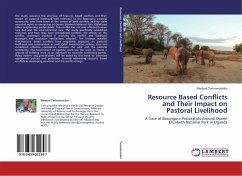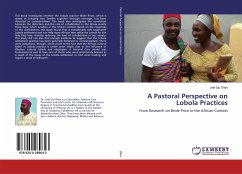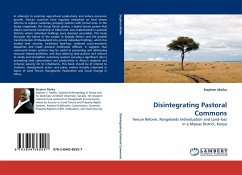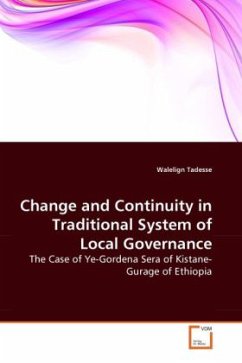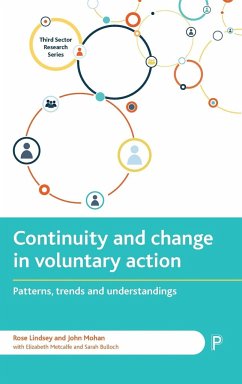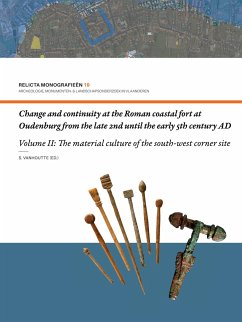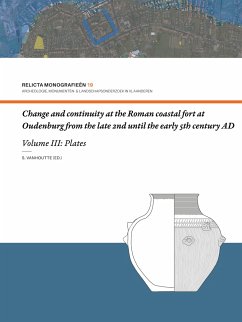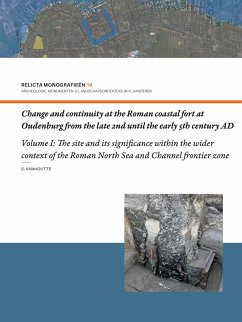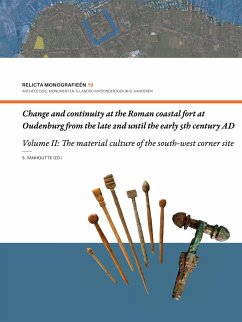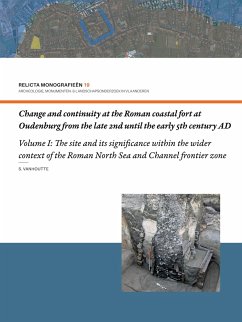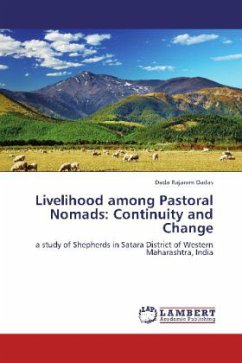
Livelihood among Pastoral Nomads: Continuity and Change
a study of Shepherds in Satara District of Western Maharashtra, India
Versandkostenfrei!
Versandfertig in 6-10 Tagen
39,99 €
inkl. MwSt.

PAYBACK Punkte
20 °P sammeln!
In-spite of livestock s significant contribution in creating livelihood opportunities in rural areas, this importance is rarely recognized in policy level dialogues. This research reveals the issues related to Continuity and change in traditional livelihood system among pastoral nomads called Shepherd Dhangar in the Semi-arid zone of the Western Maharashtra, India. Recent trends from the study unfold that, lot of pull and push factors have contributed to the change in the traditional livelihood system. It also highlights the risk factors and drought vulnerability attached to the life of commun...
In-spite of livestock s significant contribution in creating livelihood opportunities in rural areas, this importance is rarely recognized in policy level dialogues. This research reveals the issues related to Continuity and change in traditional livelihood system among pastoral nomads called Shepherd Dhangar in the Semi-arid zone of the Western Maharashtra, India. Recent trends from the study unfold that, lot of pull and push factors have contributed to the change in the traditional livelihood system. It also highlights the risk factors and drought vulnerability attached to the life of community, access to grazing and natural resources and giving up pastoral lifestyle. It has also been discovered that, there is an exclusion of the community from various policy level discourses and decisions with a very poor response from the State.



